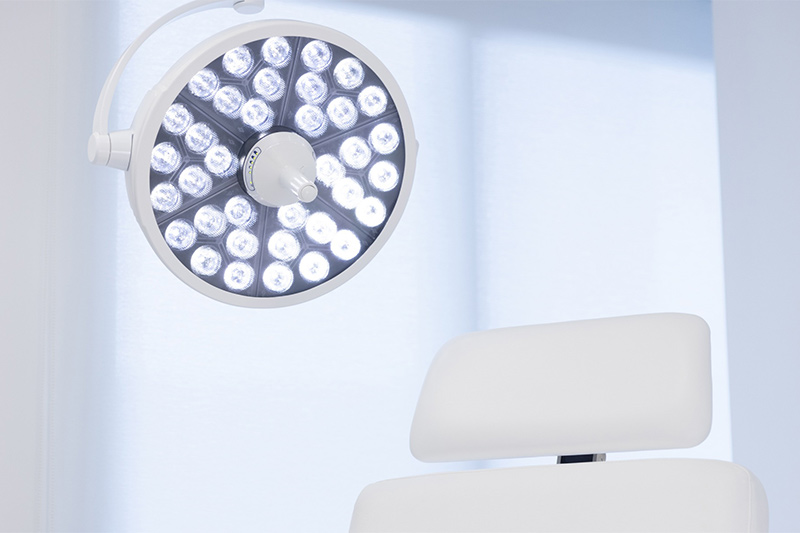Plastic Surgery - Fears and Anxiety

Many patients harbor fears about Aesthetic Plastic Surgery. That's understandable and even serves a protective function since it is real surgery, though it is a personal choice and not medically required. You may have heard about complications in the news or seen bad results in celebs, in the media, or even in your own circles ("don't want to end up or look like that").
There are two categories of fear causing anxiety: medical risks and poor aesthetic outcomes - "Will I be ok?" and "How will I look?"
Regarding the first, some patients have anxiety about anesthesia. There are three basic types of anesthesia - local, sedation, and general. With local, you're wide awake, and the site of surgery is numbed with injections. Sedation involves numbing injections while under the influence of sedatives for relaxation. With general anesthesia, you are asleep, not just at the site of surgery. General anesthesia represents a spectrum from light to deep, depending on the procedure. An advantage with facelifts is that all areas can be numbed with local anesthesia. Thus, the level of general anesthesia can be light, just enough to keep you asleep until surgery is over. Having a patient asleep and safely monitored during surgery provides the highest level of surgical control during delicate procedures and is most comfortable for patients, especially anxious ones.
Sometimes, patients are told, likely to ease their fear, that their procedure will be done under “only” sedation even though the level of sedation will be so deep that they are asleep. The line between deep (i.e., unconscious) sedation and general anesthesia is blurry and depends on the medications used and how the patient's airway and breathing are managed. For conscious sedation, nasal oxygen may suffice as the patient is still able to control their own airway. For deeper levels (i.e., when you're asleep), more secure options are a laryngeal or, the safest, an endotracheal airway. Monitoring and controlling the patient's breathing during surgery is critical for safety. Being asleep for surgery under anesthesia with a proper airway has an excellent safety record (better than driving!) if provided by an experienced, board-certified anesthesiologist in an accredited surgical center.
Other medical fears include actual medical/surgical risks such as bleeding, infections, damage to deeper structures, or blood clots. When in the hands of an experienced surgeon, these risks can be minimized to less than one percent. So, these risks should be viewed relative to other risks of daily living.
What about aesthetic risks - what is your result going to look like? That's where most risk exists as it varies widely with surgeon training, experience, and artistic skill. Board certification in Plastic Surgery is only a starting point, and thoughtful research is strongly advised to reduce the potential for disappointment. Aesthetic Plastic Surgery should strive for beauty yet be subtle and look normal and natural. Overly obvious results are probably not very good - it is better to have others wonder why you look good.
In summary, Aesthetic Plastic Surgery in a properly selected and realistic patient with an experienced surgeon and appropriate anesthesia has the potential to improve one's quality of life with high safety and low risk.





